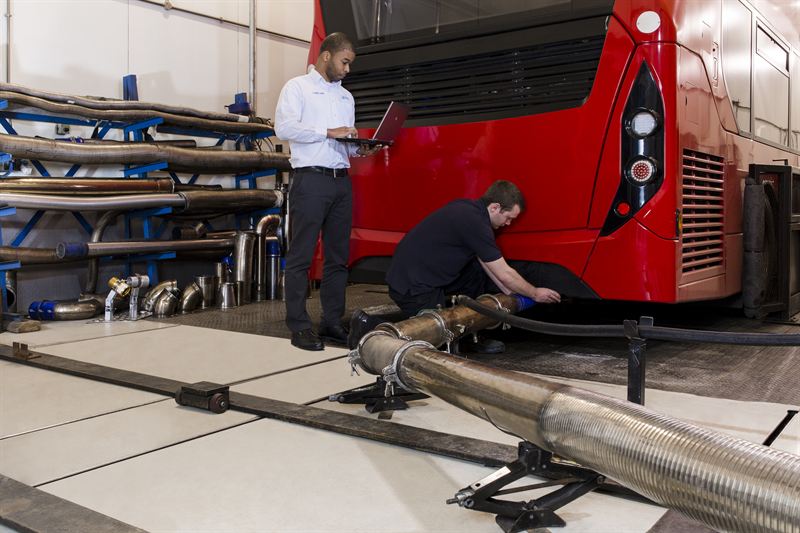John O’Groats to Land’s End trip demonstrates one advantage of LNG for heavy freight but there are questions about its viability.
Truck manufacturer, Iveco has sunk a lot of research and development effort and finances into the use of Liquified Natural Gas (LNG) as a fuel for its long haul vehicle fleet, the culmination of which was the completion of the 837 mile (1350 km) journey from one extreme of Britain to the other without refuelling.
The purpose of the stunt was to demonstrate the viability of LNG as a long distance fuel, delivering similar levels of power as an equivalent diesel engine, for large goods vehicles. In this respect, it achieved its aims but is LNG the correct choice of fuel?
LNG has gained some support from fleet operators in countries such as China, Australia and USA where territories are large and there is significant enthusiasm for vehicles with long range capabilities but Europe is less excited about LNG as an alternative for diesel, despite the advantages the more efficient fuel offers.
Emission controversy
One of the main advantages of LNG is that particulate emissions are significantly less than diesel. Once lauded as the fuel of the future, the VW scandal and subsequent research resulted in diesel becoming the pariah of propellants that it is today. This has helped to swing opinion away from diesel towards alternatives such as hybrid drive trains and LNG.
With the ULEZ initiative in London, bus operators in the city are favouring the hybrid power train approach, which meets both the stringent emission requirements as well as going some way towards addressing wider global warming concerns, something which LNG doesn’t achieve to the same extent.
Particulate emissions and pollutants that contribute to global warming are different and the LNG controversy lies within this difference. Although low on particulates, LNG emissions are higher in methane, a gas that contributes to global warming.
When aspiring to green ambitions in the transport industry and deciding whether LNG can replace diesel or hybrid technology, fleet managers need to consider all aspects of pollution decide whether the massive benefits of reduced particulate emissions outweigh the uncertainty over methane’s contribution to global warming.
- UK manufacturing steps up to COVID-19 crisis - April 2, 2020
- Clustering Innovation - March 12, 2020
- A Global Monitor - March 6, 2020

